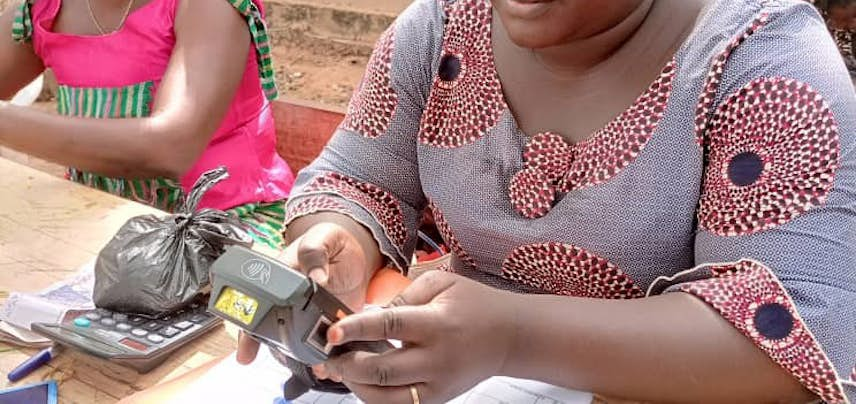DIGITAL FOR DEVELOPMENT (D4D)
The Digital4Development (D4D) concept seeks to promote the integration and capitalisation of digital tools by development assistance and humanitarian action operators, both in regard, for example, to basic social services, major innovative development projects or as a tool for the formalisation and monitoring of development policies. Africa is at the heart of these developments and it is widely recognised that information and communication technologies (ICTs) will play a vital role for its populations as they seek to become emerging States.
Within this context, the Directorate for Development Cooperation and Humanitarian Affairs formally signed up to the ‘9 Principles for Digital Development’, the result of a concerted dialogue among the main digital actors in the international community.
In 2020, Luxembourg’s Development Cooperation made a commitment to greater mobilisation of innovative partnerships, approaches and instruments in the areas where Luxembourg has a specific comparative advantage, particularly in the ICT sector. The emphasis placed on digitisation within Luxembourg’s Development Cooperation is, of course, not a new development, but the topic has gained fresh impetus in recent years. This is in line with the European Commission’s wish to make Digital4Development a priority for international partnerships in the coming years.
Currently, Luxembourg’s Development Cooperation is implementing about 40 projects dedicated to the digital and ICT sector. The D4D projects target, above all, digital financial services, telecommunications, telemedicine and cybersecurity.
Among the flagship projects of Luxembourg’s Development Cooperation in the D4D area is the partnership with the University of Luxembourg’s Interdisciplinary Centre for Security, Reliability and Trust (SnT), launched on 30 October 2020 by Franz Fayot, Minister for Development Cooperation and Humanitarian Affairs. At the same event, the LuxWays project was launched. Its aim is to train a cohort of West African experts in cybersecurity in partnership with the universities of Burkina Faso and Senegal.
In the telemedicine sector, the SATMED platform, a tele-health tool developed by SES TechCom, and based on the equipment, technology and connectivity of emergency.lu, continued to put in place telemedicine services and applications (e‑learning, patient data storage, online consultations, etc.) that aim to improve public health in developing countries. The installation of SATMED satellite antennas makes it possible to reach communities living in remote areas where access to the internet via terrestrial infrastructure is not available, in order to link them to doctors and health institutions across the world, through an innovative ICT solution.
In 2020, Luxembourg worked proactively with other development partners to put in place a Europe-wide D4D Hub, which promotes a multi-actor approach by bringing together the private sector, civil society and academia. This Digital4Development platform aims to make Europe a world leader in digital transformation, promoting a fair and competitive digital economy that puts people and the principles of human rights at the heart of its actions. On 8 December 2020, Ursula von der Leyen, President of the European Commission, officially launched the D4D Hub in the presence of representatives of five EU Member States. At the launch, Prime Minister Xavier Bettel stressed the importance of supporting the African partner countries in their digital transformation with the ultimate aim of reducing the digital divide and using digital innovations for inclusive sustainable development in these countries.
